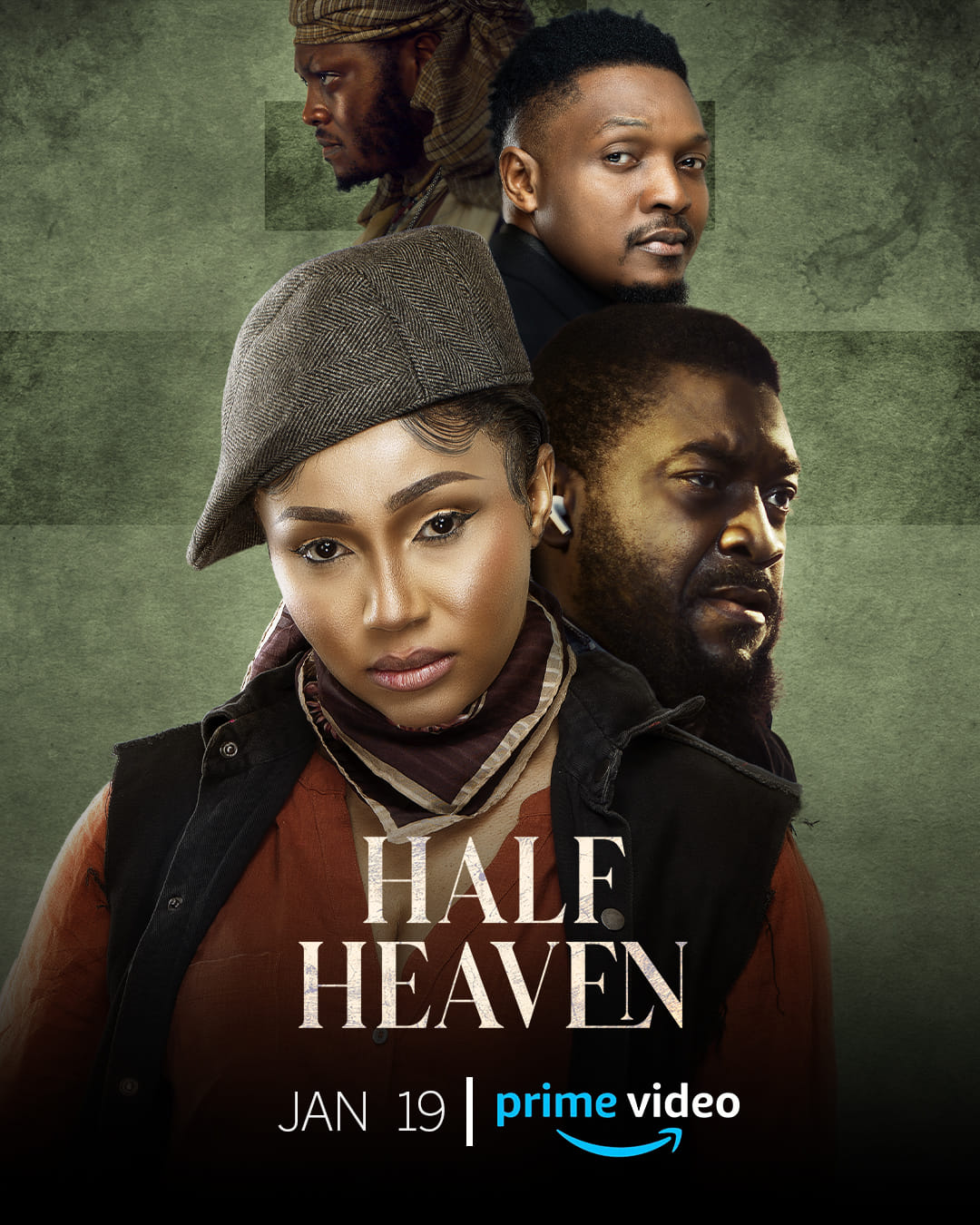|

Unarguably, it is rare that someone hates music. The sound of music leaves no one indifferent. And even when a music consumer cannot decode the lines of the song, its soul-searching melody easily moves them. They would either murmur along, hum, node their head or dance. That is how strong the effect of music is. In fact, it is strongly believed that music started with creation. If agreed that music has an amazingly strong impact on its audience, it is therefore clear that it goes beyond entertainment. It is a perfect medium of education and development. Proof is that it is pedagogically accepted as a didactic material for schools in Cameroon and elsewhere on the continent. This means that the messages vehicled via music must be carefully picked, tailored to suit its audience and create a positive impact, properly packaged and sent across in the most reasonable and responsible manner.
Similarly, song writers and/or musicians pull weights. They are not only popular figures, but they easily get considered as society’s opinion leaders. Society believes in them and goes by what they say or teach in their songs. In short, they are educators and development agents par excellence. That is how influential musicians could be. At times, society relies on them for positive change. At other instances, musicians enjoy a mass following and can easily win control over salient issues.
Governments are known to have used musicians to educate citizens especially on civic matters. Non-Governmental Organizations commonly use singers to execute their social development projects. Some of the most effective anti-AIDS or malaria messages in Cameroon and Africa within the past couple of years were vehicled through songs composed by popular musicians. Examples abound.
While a good number of music artists understand these stakes, some unfortunately seem to ignore their strength on society. The latter simply fail to bother about the messages they send across to the public, let alone the impact such messages could create.
It is not pleasant, especially to promoters of good values via culture and/or entertainment to note that some musicians still write obscene lyrics which get produced and put in the market. It is old school to believe that songs must carry crude language with obscene video scenes to be able to have a good performance in the market. No! Without being a musicologist or song expert, this writer understands that music is likeable, popular and sellable when it is melodious and professionally arranged. So, musicians could just do well to use that opportunity of a melodious and well arranged piece to sell good and responsible massages to their audience or society at large.
What some singers have been slow in learning is that music consumers, unlike in the past have become so educated, cultured and wise. They would vehemently refuse to be dragged into the mud of obscene lyrics and would quickly react by turning their backs to it. Rather, many more music lovers are now embracing meaningful music and musicians who perform their art in a laudably responsible manner. Perhaps, that explains why in the past couple of years, there has been an amazingly huge thirst for gospel music.
Who could imagine that Gervais Mendo Ze’s Assimba (gospel) would hold Cameroon spellbound – that Agatha Moses’ 2003 hit (gospel) would keep Africa on its feet – that The Bright Phase (gospel singers) would take Cameroon to the finals of KORA Awards – that Odile Ngaska (gospel singer who later became copyright’s corporation boss) would become a leading artist in Cameroon? The list is endless. But these artistes who chose to do praise lyrics created the impact they did and have gone into the annals of music as having done so. Or, it is by chance that young gospel singers such as Maybelle Boma, Pandita, Yunick Yuniwo, Anita Etta and Sister Favour Grace Nganje are making great in-roads and winning enormous attention? Certainly not! It is by making the right choice in the kind of educative messages they intend to send across via their lyrics.
In the same light, secular music doesn’t mean obscenity. There are countless salient subjects and/or issues which consumers want addressed for the betterment of society. Fortunately, some Cameroonian musicians have produced brilliant results, composing and singing meaningful songs. Little doubt that the legendary Prince Nico Mbarga (of blessed memory) still rocks. Don’t Africa still consumes Eboa Lotin’s (of blessed memory) music like hot cake? Doesn’t the world still roll a red carpet to Soul Makossa icon Manu Dibango? Did these song gurus have to go obscene to become the music legends they are? No!
In recent years, musicians such as, Longue Longue, Ottou Marcellin, Richard Kings and others have carved a niche for themselves by composing tracks pregnant with meaning. This has earned them unchallengeable glories. Longue Longue’s 2001 Ayo Africa, to be specific has gone down into music books as one of the most captivating Cameroonian and/or makossa songs that brought audience thinking in the same direction. If it won the best song of the year award with Longue Longue declared Cameroon’s most valuable musician in 2001, it was not by error. It was a deserving prize. Ayo Africa still sounds fresh in our minds.
These examples should not only be a lesson for up-and-coming artistes, but young musicians should emulate them. In the current global context, music has come of age and consumers are more mature. Music is capable of halting war, bringing peace, feeding the poor, curing the sick and instilling development. It does not deserve to be rubbed in the mud – it was never meant to be so. If songs succeed in entertaining and educating the masses, their composers would have succeeded in the purpose for which they practice the art.
Affair a suivre…
|

 Well, I think the CEA was a very shallow and misgu... More...
Well, I think the CEA was a very shallow and misgu... More... This is creativity we are talking about, this are ... More...
This is creativity we are talking about, this are ... More... Lovelyn,your pre-selection criterias are ok but i'... More...
Lovelyn,your pre-selection criterias are ok but i'... More... camhood 4 the better More...
camhood 4 the better More... fame is gd More...
fame is gd More... CONGRATULATION. THANK GOD FOR YOU GUYS. CAMEROON S... More...
CONGRATULATION. THANK GOD FOR YOU GUYS. CAMEROON S... More... cool girls dat was great but this year we the cons... More...
cool girls dat was great but this year we the cons... More...
